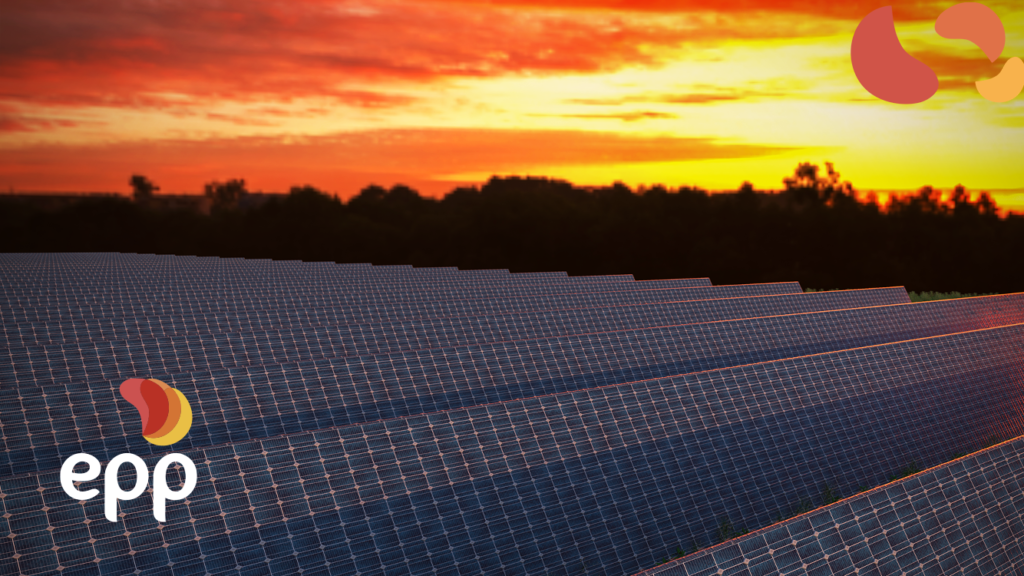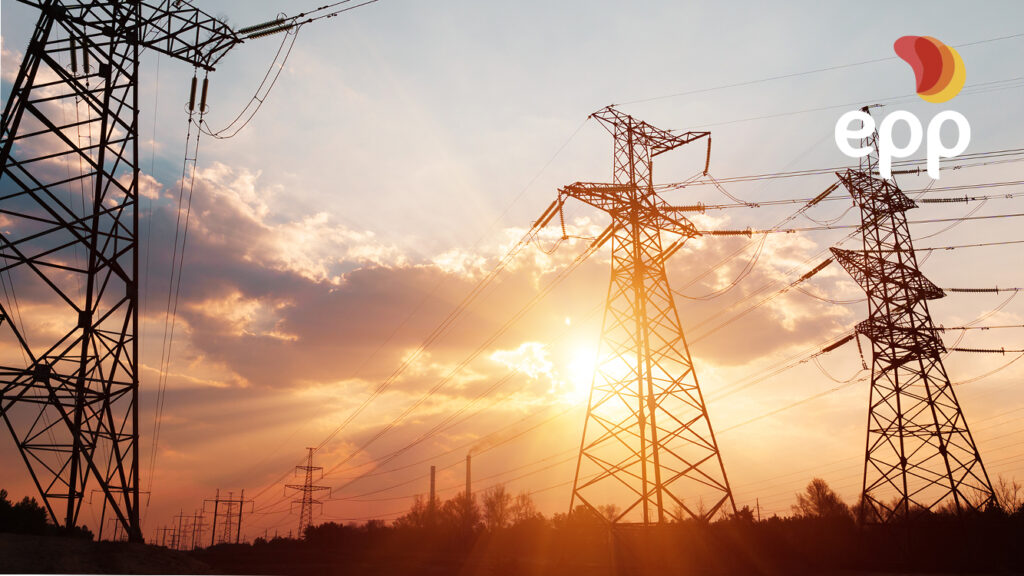Do you know what are the main sources of distributed generation used in Brazil? Distributed generation is a model in which consumers can generate their own energy. In addition to bringing savings and freedom to consumers, GD, as a system that decentralizes energy production, is also important for the electrical system that becomes more stable and less dependent on hydroelectric plants.
What is the importance of solar energy in the renovation of the energy matrix? Brazil entered the list of the ten countries that most installed solar energy systems in the world in 2020, according to the International Energy Agency (IEA). This number is relevant since, last year, the economy had a retraction in several sectors due to the pandemic.
The national electric matrix is formed by 82.9% of clean energy, such as hydroelectric, biomass and solar energy, while the global average is 26.7%.
According to the Ministry of Mines and Energy, Brazil currently has 83% of its matrix originated from clean energy. The share is led by hydroelectric (63.8%), followed by wind (9.3%), biomass and biogas (8.9%) and solar (1.4%). Unlike the global average, Brazil is three times more sustainable than other countries.
Renewable energy sources are wind, solar, hydro and biomass, but despite being sustainable sources, their use still needs to be expanded. How is the use of renewable energy sources in Brazil and in the world? Historically, world energy production has always been based on fossil fuels, such as oil and coal. However, over the decades it was realized that these fuels were finite and that their use caused the greenhouse effect and aggravated global warming.









